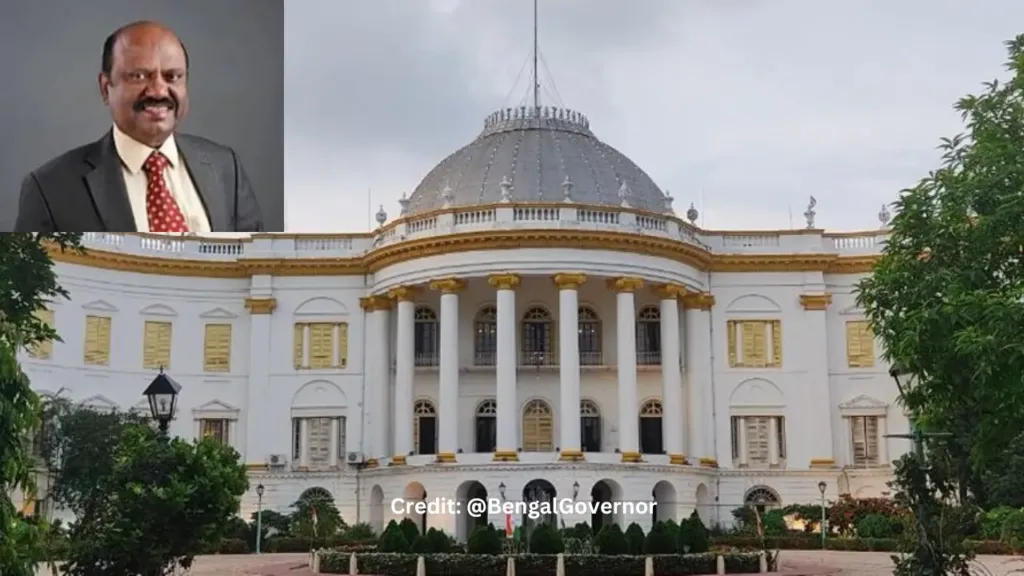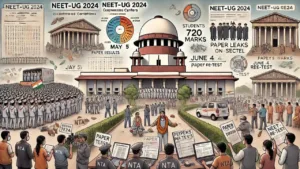
Immunity of Governor and Article 361:
The Supreme Court has agreed to hear a petition seeking review of the constitutional provision that gives governors immunity from criminal prosecution. Under Article 361 of the Constitution, the governor is exempted from criminal prosecution.
The court has issued a notice to the West Bengal government on the petition of a female employee who accused Governor CV Anand Bose of molestation. Along with this, the court asked Attorney General R. Venkataramani to cooperate in dealing with the matter.
The court asked the female employee of Bengal Raj Bhavan to make the Center a party in her petition. In fact, the woman has accused the governor of molestation.

Background:
The Supreme Court of India has agreed to consider a petition challenging the immunity provided to Governors by Article 361 of the Indian Constitution. The basis of the plea comes from an allegation made by a female staff member at West Bengal Raj Bhavan accusing Governor CV Ananda Bose of sexual harassment.
Article 361:
In their tenure, Article 361 gives immunity to the President and Governors from any criminal proceedings. Specifically, it provides that “neither the President nor the Governors of States shall be answerable to any criminal proceedings whatever while they are in office as such; and no court will question them for the manner in which they perform their functions.” The above aim is to allow these high officials carry out their duties free from any violations brought about by litigation.
The allegation and Legal Plea:
The applicant claimed that the provisions make her “remediless” and hinder her from accessing justice; even going further to argue against its absolute form especially in instances involving grave acts like sexual harassment that breach fundamental rights. Still the plea maintains that the police should not be stopped from investigating into or naming the suspects in complaints or FIRs filed against them.
This petition has prayed for an articulation of the boundaries within which this shield can operate at all times. She has also requested security and other safety measures for herself together with her family as well as any damages accruing from reputation loss due to the said harassment plus impunity by those who ought to act.
Implications and Next Step:
The matter has sparked debates among legal experts concerning the extent and interpretation of Article 361 within which scope immunities should operate. It arises from disagreement on how far-reaching such protection should be extended beyond duties relating to governance only as provided under various judicial pronouncements including Rameshwar Prasad v. Union of India on this particular immunity clause against criminal activities such as sexual molestation.
By agreeing to hear this case, India’s Supreme Court may be signaling a desire to reconsider the immunity granted to high-ranking officials under the constitution while seeking to balance functional immunity with individual human rights and access to justice.







1 thought on “Supreme Court Agrees To Examine Plea Challenging Immunity Granted To Governor Under Article 361 Constitution”